George Ball, the former chief executive officer of Prudential Financial and current CEO of investment firm Sanders Morris Harris, is saying that investors should consider adding cryptocurrency such as Bitcoin (BTC) to their portfolios. In addition, he warns that investors should readjust their asset mix to include digital currencies as soon as possible.
Ball explained that he used to be opposed to cryptocurrency and Bitcoin but recent development made him change his mind. For him, digital currencies are bound to become increasingly attractive as the government assistance program comes to a close.
“I’ve never said this before, and I’ve always been a blockchain, cryptocurrency, and bitcoin opponent,” Ball said, according to Bitcoin.com. “But if you look now, the government cannot stimulate markets forever, the liquidity flood will end.”
“The liquidity floods will end sooner or later,” Ball said referring to the stimulus package meant to offset the economic impact of the coronavirus pandemic, according to Forbes.
The question is how the government plans to pay the borrowed money used in the stimulus program. “Are they gonna raise taxes that high or if not, are they going to print money? If they print money that debases the currency and probably even Treasury Inflation-Protected Securities (TIPS) can be corrupted,” he offered a possible few scenarios.
The potential outcome could then spur investors to turn to cryptocurrency as an alternative. “So the very wealthy investor or the trader probably turns to bitcoin or something like it as a staple,” Ball said. He added that he expects a surge of Bitcoin buying “after Labor Day.”
For Ball, now is the right time for investors to buy Bitcoin and make adjustments to their portfolios. “The time to reposition portfolios is before the fuse is lit, or when the fuse has been lit but hasn't exploded yet,” he said.
Ball refuted the idea that investors are trying to avoid tax obligations by buying Bitcoin. For him, the main goal is wealth protection which is will be threatened with the inevitable money printing activity of the government.





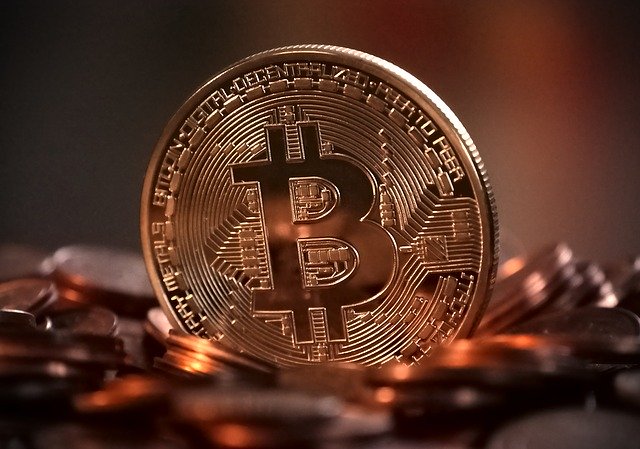







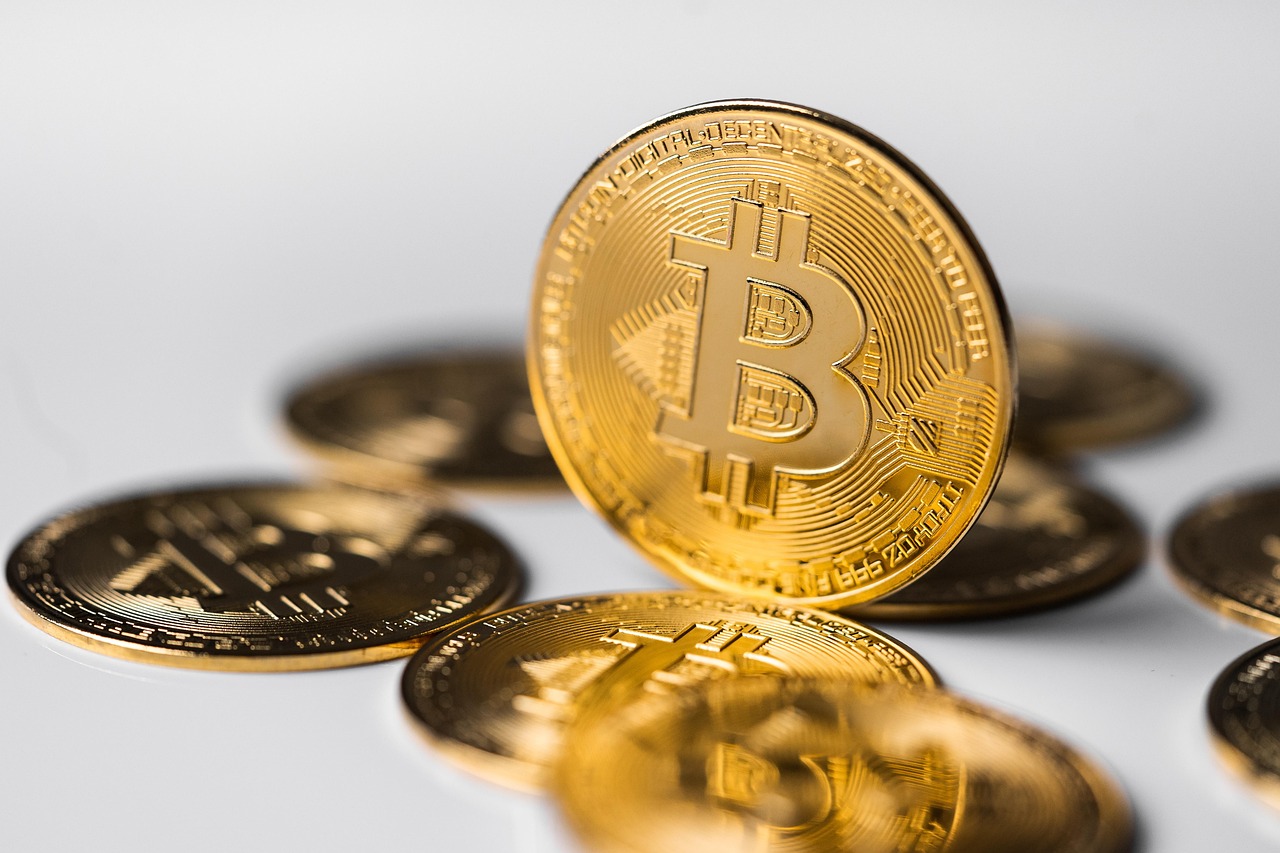



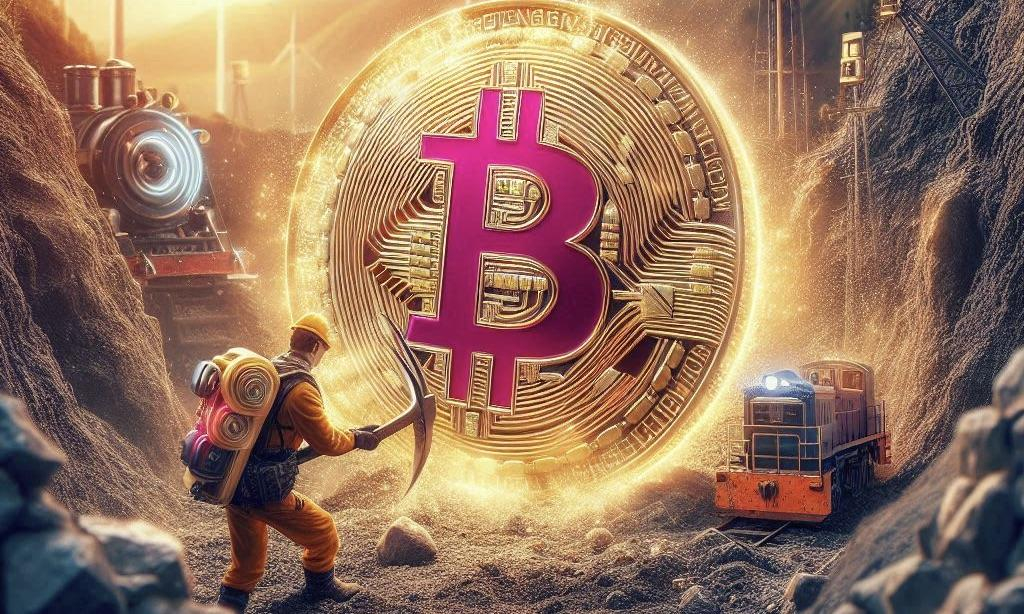

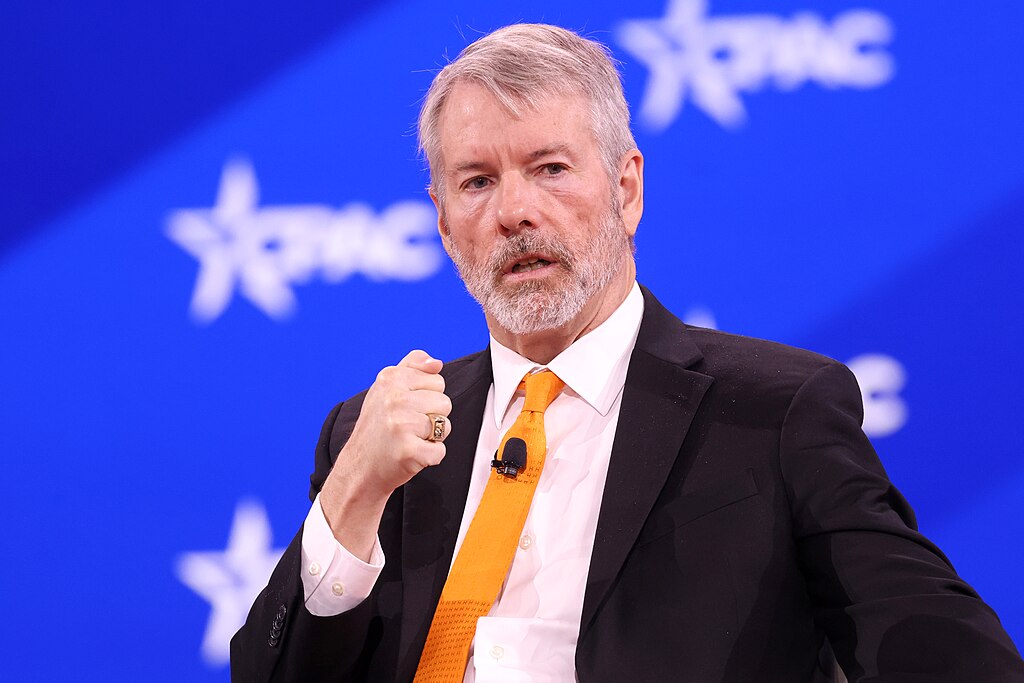


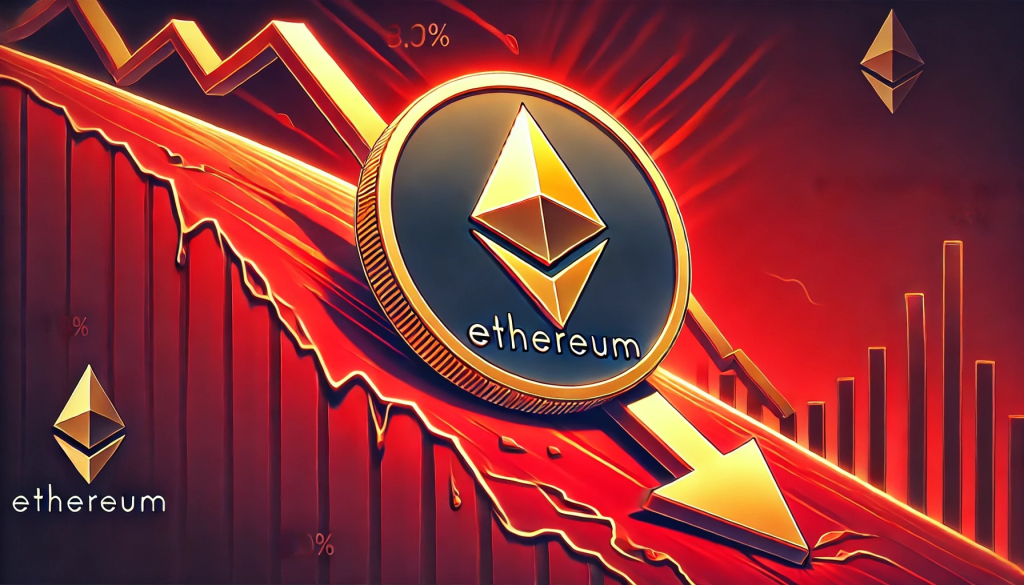


Comment 3